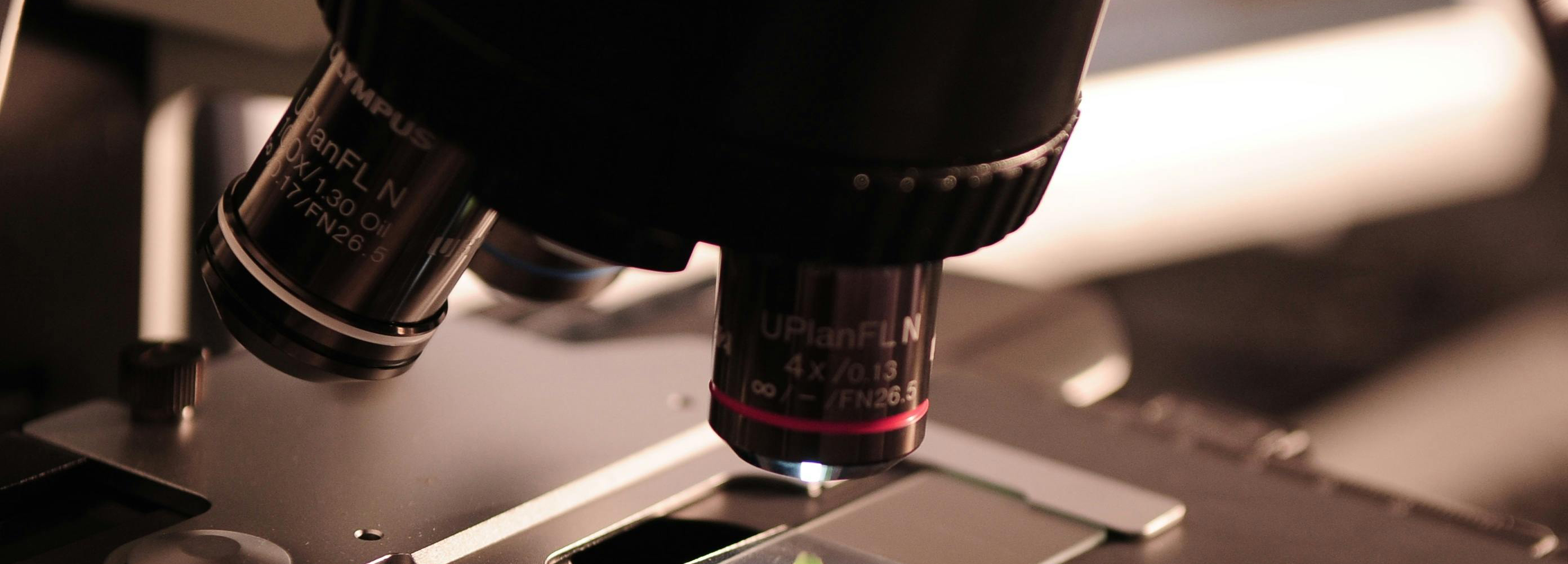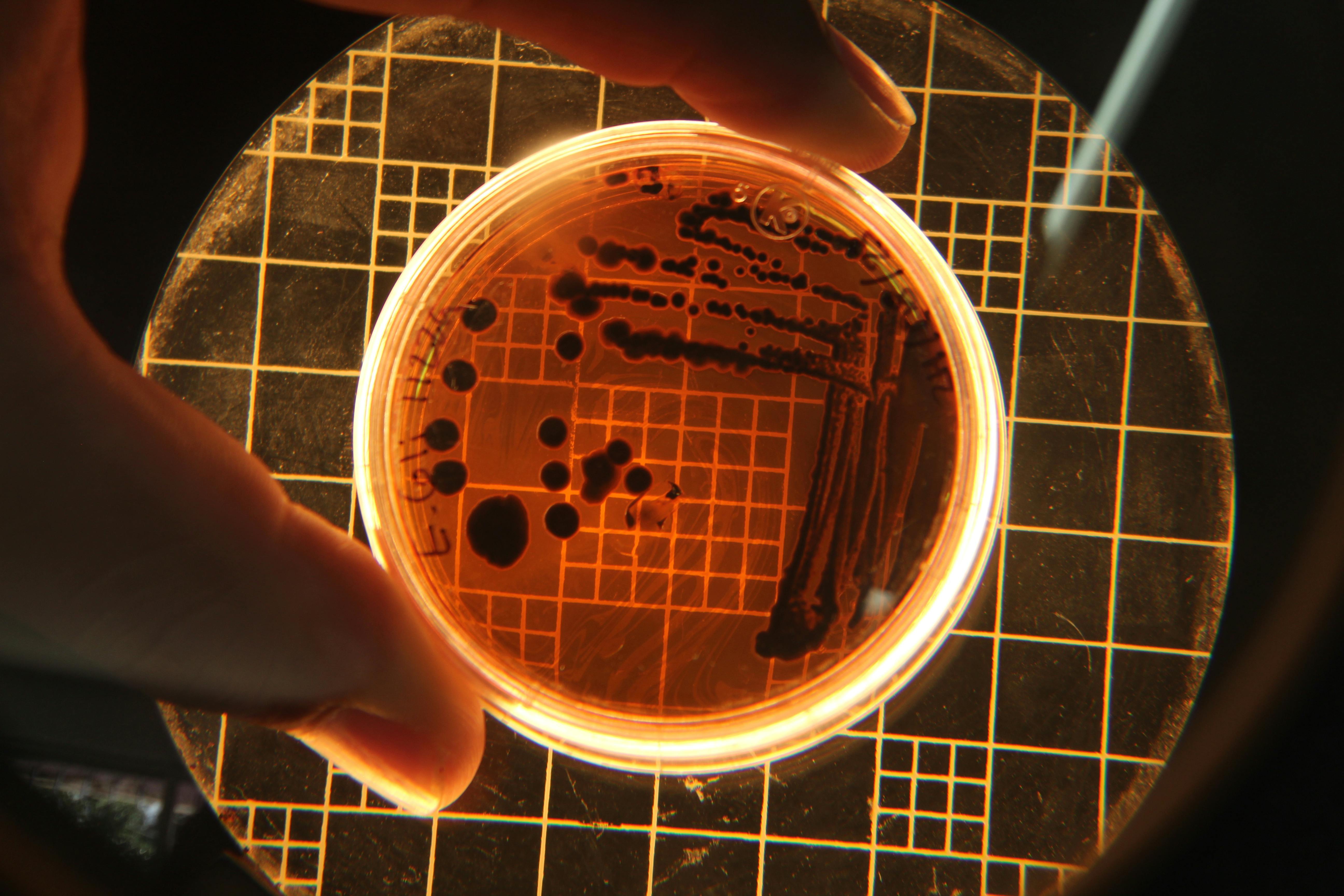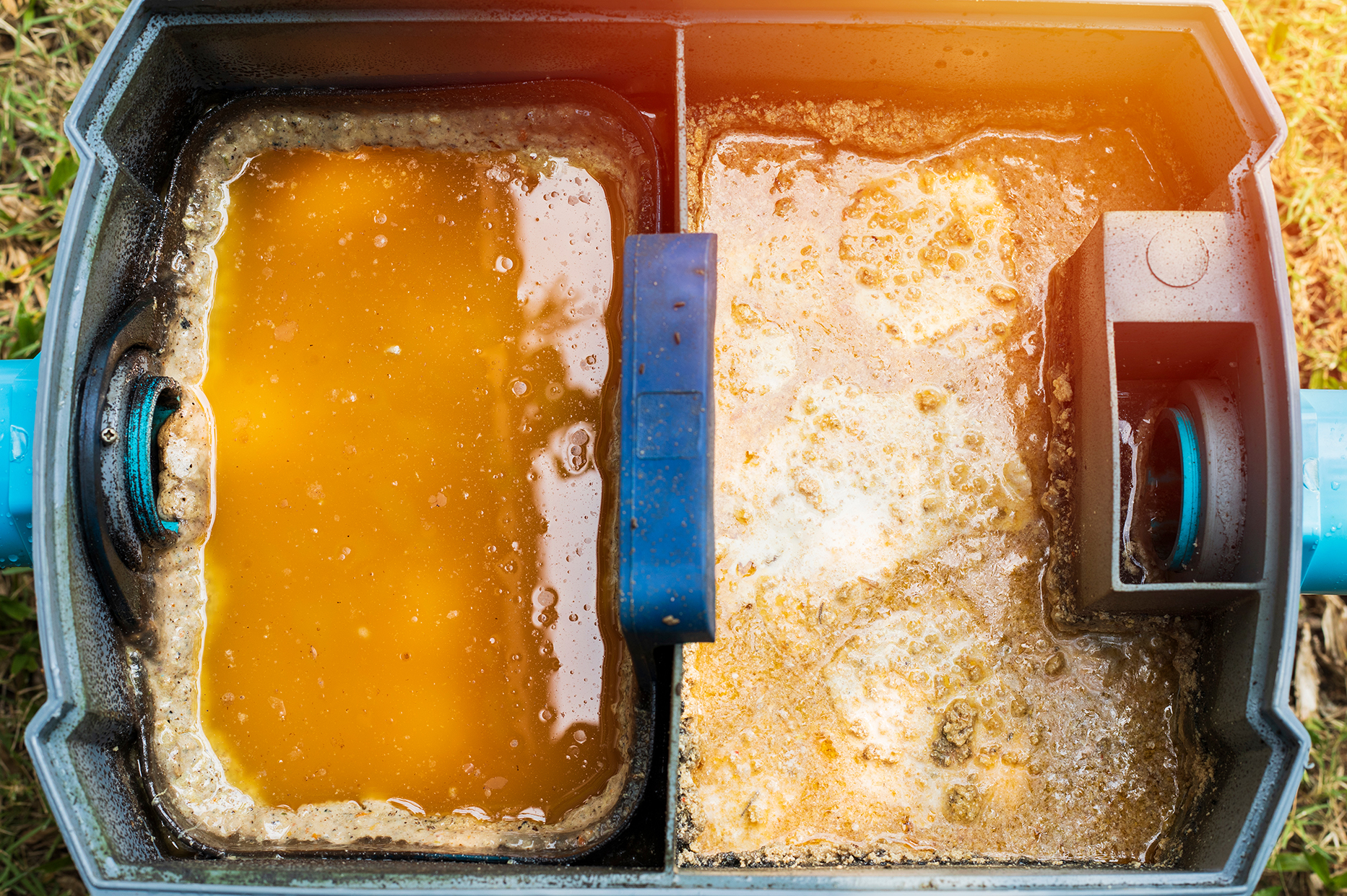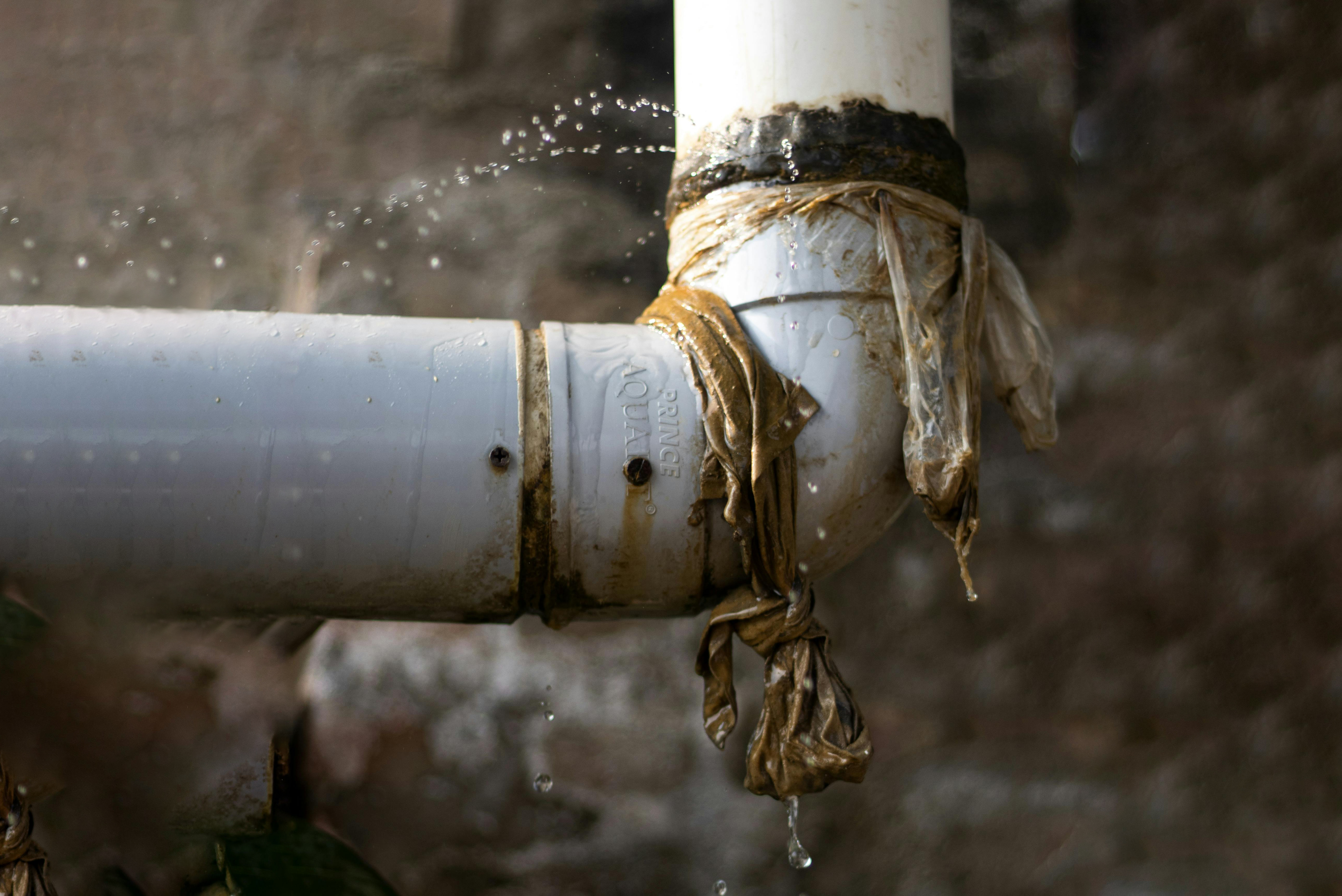污水處理 污水管理
V-ZAP Biotechnology
Scientific Achievements by Microbiologists and Environmental Engineering Experts
Every country on Earth is endowed with extremely abundant natural resources, energy, minerals, and forests. Through scientific research, V-ZAPTM microbiologists and environmental engineers have discovered that maple syrup, aloe vera, and resin are rich in natural nutrients. These substances can stimulate natural microorganisms to accelerate the decomposition of organic kitchen waste and grease waste. They can also activate natural microorganisms in harsh wastewater conditions, speeding up the breakdown of organic pollutants in sewage.
This technology was introduced to Hong Kong in 2021. Combined with V-ZAPTM's innovative IoT automation system, V-ZAPTM wastewater management system, and standardized operating procedures, it can ultimately eliminate foul odors from waste-polluted environments. Additionally, it ensures 24/7 smooth operation of sewage discharge systems, assisting property facility management teams in achieving carbon neutrality in wastewater treatment.
Learn More > V-ZAP

Automated Wastewater Management
Integration of Biotechnology and Mechanical Engineering
Embodied in the intelligent integration of biotechnology and mechanical technology, V-ZAP systems engineers plan, design, develop, and install wastewater ecosystem construction systems with automatic adjustment capabilities. This achieves ultimate automation in wastewater treatment, water waste management, and sewage pipeline cleaning. Through IoT-driven full-system automation and technical monitoring, V-ZAP addresses the pain points in sewage management for properties and facilities, ensuring the highest level of customer satisfaction.
Learn More > Wastewater Management

Innovated Sewage Bioengineering
By System Automation
In industrial buildings, commercial buildings, or residential buildings alike, sewage systems accumulate large amounts of organic waste and grease waste that are difficult to remove. Viscous grease and food waste entering drainage pipes solidify into solid waste after cooling. This waste subsequently settles, dehydrates, and hardens into grease stones, which can block sewage pipes, seal traps, sewage pumps, grease traps, septic tanks, and inspection chambers.
On the other hand, the oxygen-deprived environment of sewage and sediment at the bottom of chambers promotes the anaerobic decomposition of sludge by bacteria, releasing biogas. These gases include hydrogen sulfide (foul-smelling and toxic) and methane (highly flammable). This not only poses hazards to drainage maintenance workers but also causes both indoor and outdoor air pollution.
V-ZAP's automated sewage bioengineering will deliver outstanding effectiveness with 100% satisfaction guarantee in sewage management and air pollution control.
Learn More > V-ZAP Bioengineering







